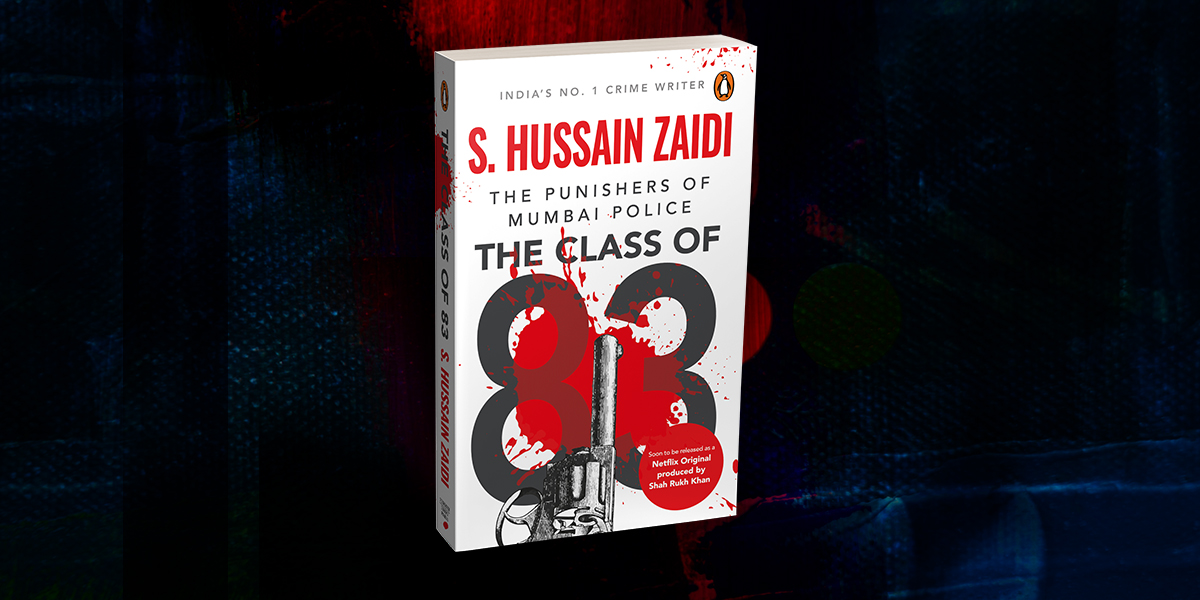The three-volume series of Commentaries on Living records revered philosopher and teacher J. Krishnamurti’s meetings with individual seekers of truth from all walks of life. While exploring topics as diverse as knowledge, truth, fulfillment, meditation, love and education, these dialogues offer an insight into the struggles and issues common to those who strive to break the boundaries of personality and self-limitation. The essence of Krishnamurti’s teaching is that only through a complete change of heart in the individual can there come about a change in society and so peace to the world.
In his exploration of the conditioning of the mind and its freedom, Krishnamurti raises questions that challenge accepted ways of thinking.
Read on for 6 thought-provoking questions and life lessons from the Commentaries on Living-
Outward simplicity may be an expression of intention but can this take us towards the peace and bliss we seek?
‘Simplicity of the heart is of far greater importance and significance than simplicity of possessions. To be content with few things is a comparatively easy matter. To renounce comfort, or to give up smoking and other habits, does not indicate simplicity of heart. To put on a loin-cloth in a world that is taken up with clothes, comforts and distractions, does not indicate a free being.’
With man becoming a slave of the state, can we find the freedom to awaken our highest intelligence?
‘To be a good citizen is to function efficiently within the pattern of a given society. Efficiency and conformity are demanded of the citizen, as they toughen him, make him ruthless; and then he is capable of sacrificing the man to the citizen. A good citizen is not necessarily a good man; but a good man is bound to be a right citizen, not of any particular society or country.’
Identification with something external offers an escape from one’s emptiness; in this endless cycle of substitution of attachments, can we ever face the unwillingness of our mind to be still and free of thought?
‘Attachment to your work is your escape. There are escapes at all the levels of our being. You escape through work, another through drink, another through religious ceremonies, another through knowledge, another through God, and still another is addicted to amusement. All escapes are the same, there is no superior or inferior escape. God and drink are on the same level as long as they are escapes from what we are.’
If ideas are inherently divisive, then can a revolution based on ideology bring about equality?
‘Revolution based on an idea, however logical and in accordance with historical evidence, cannot bring about equality. The very function of idea is to separate people. Belief, religious or political, sets man against man. So-called religions have divided people, and still do. Organized belief, which is called religion, is, like any other ideology, a thing of the mind and therefore separative.’
By lulling man into a state of temporary contentment, do reforms actually impede total transformation?
‘Reform, however necessary, only breeds the need for further reform, and there is no end to it. What is essential is a revolution in man’s thinking, not patchwork reform. Without a fundamental change in the mind and heart of man, reform merely puts him to sleep by helping him to be further satisfied.’
With the acceptance of authority ingrained within us we tend to get influenced by charismatic leaders but does their calm assumption of knowing what’s good for the people really work to our advantage?
‘Every party knows, or thinks it knows, what’s good for the people. But what is truly good will not create antagonism, either at home or abroad; it will bring about unity between man and man; what is truly good will be concerned with the totality of man, and not with some superficial benefit that may lead only to greater calamity and misery; it will put an end to the division and the enmity that nationalism and organized religions have created.’
Proclaimed as a saviour at the age of fourteen, J. Krishnamurti travelled the world sharing his wisdom with people and inspiring the likes of Jawaharlal Nehru, Aldous Huxley, George Bernard Shaw and the Dalai Lama. In Commentaries on Living, he helps us to see ourselves as we really are, for it is in seeing with absolute clarity that the inward revolution takes place.
To explore the depths within you, read Commentaries on Living series!








